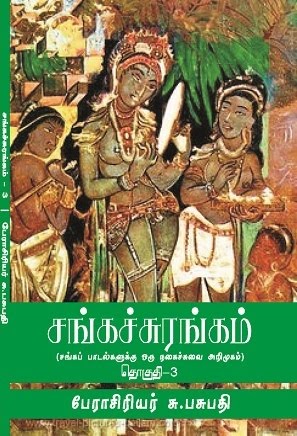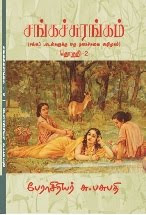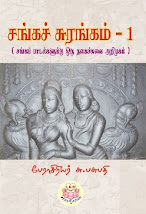Wodehousian or just William?
Madras miscellany
S. MUTHIAH 18 September, 2011, 'Hindu'Madras miscellany
He has been described as the P.G. Wodehouse of Tamil fiction. Bombay-based columnist, V. Gangadhar, in fact, thought him more versatile that Wodehouse, his characters conveying more to readers than Jeeves and company. On the other hand, R.A. Padmanabhan who had worked with Devan (R. Mahadevan) at the Ananda Vikatan says his humorous ‘Rajamani' series started as Devan's original work but gradually derived much from Richmal Crompton's William series. The ‘Thuppariyum Sambu' series too owed much, it was said, to a foreign character, Agatha Christie's Hercule Poirot, Padmanabhan adds. But one in the audience the other day at the first Devan Memorial Lecture organised by the Madras Book Club and Devan Endowments felt that Sambu reminded him of a much later creation, Inspector Clouseau. Not having read Devan, I'm not passing any judgements except to say that from all reports he was extremely popular in the 1940s and 1950s for his humorous writing as well as for his insightful travelogues.
Devan was a product of Government Arts College, Kumbakonam, when that institution was known as the ‘Oxford of the East'. His first efforts in writing were in English and appeared in My Magazine of India which started before its rival, the better-remembered The Merry Magazine from the S.S. Vasan stable; My Magazine also lasted longer. It was published by P.K. Vinayakam and edited by P.R. Rama Iyengar. Devan's humorous sketches in My Magazine caught the eye of R. Krishnamurthy, the Editor of Ananda Vikatan, who thereupon poached him after learning that he wrote equally felicitously in Tamil. Devan proved a success at Ananda Vikatan, his first contributions being talked about in the same breath as Krishnamurthy's, T. Ashokamitran recalled on the occasion of the endowment lecture.
Ashokamitran went on to remember that Devan was subsequently not given his head at Ananda Vikatan and, frustrated, had decided to join All India Radio, helped by a glowing recommendation from Krishnamurthy that encouraged the move. But when Krishnamurthy and Vasan had a difference of opinion on Krishnamurthy's political activism in the Quit India movement and the Ananda Vikatan's famed Editor left in 1940 — only to re-enter the world of journalism with Kalki — Devan, who was awaiting his appointment orders from Government found himself being asked to edit Ananda Vikatan, whose fort he had many a time held while Krishnamurthy was on his travels. Devan was to edit Vikatan from 1940 till his death in 1957. This was the period when he came into his own and his several serials made Ananda Vikatan a runaway leader until Kumudam came onto the scene with its ‘new journalism'.
Sadly, his serials never got published as novels — because Vasan refused him permission — until his death at the early age of 44 when he was at the peak of his creativity. The only one of his novels published in translation was Justice Jagannathan (2004). I'm in the middle of it, right now, enjoying a story entirely set as a murder trial-in-progress in the Madras High Court. With the action only rarely moving out of the courtroom in its 370 pages, it must indeed have been a Tamil fiction first, if not an international one. If this is a good example of Devan's work, his other novels could well prove as successful in English as they were in Tamil.
From :
Wodehousian or just William?
* Please also see Sri Muthiah's subsequent column:
Devan days
====
A related article about 'My Magazine'
More old journals

















